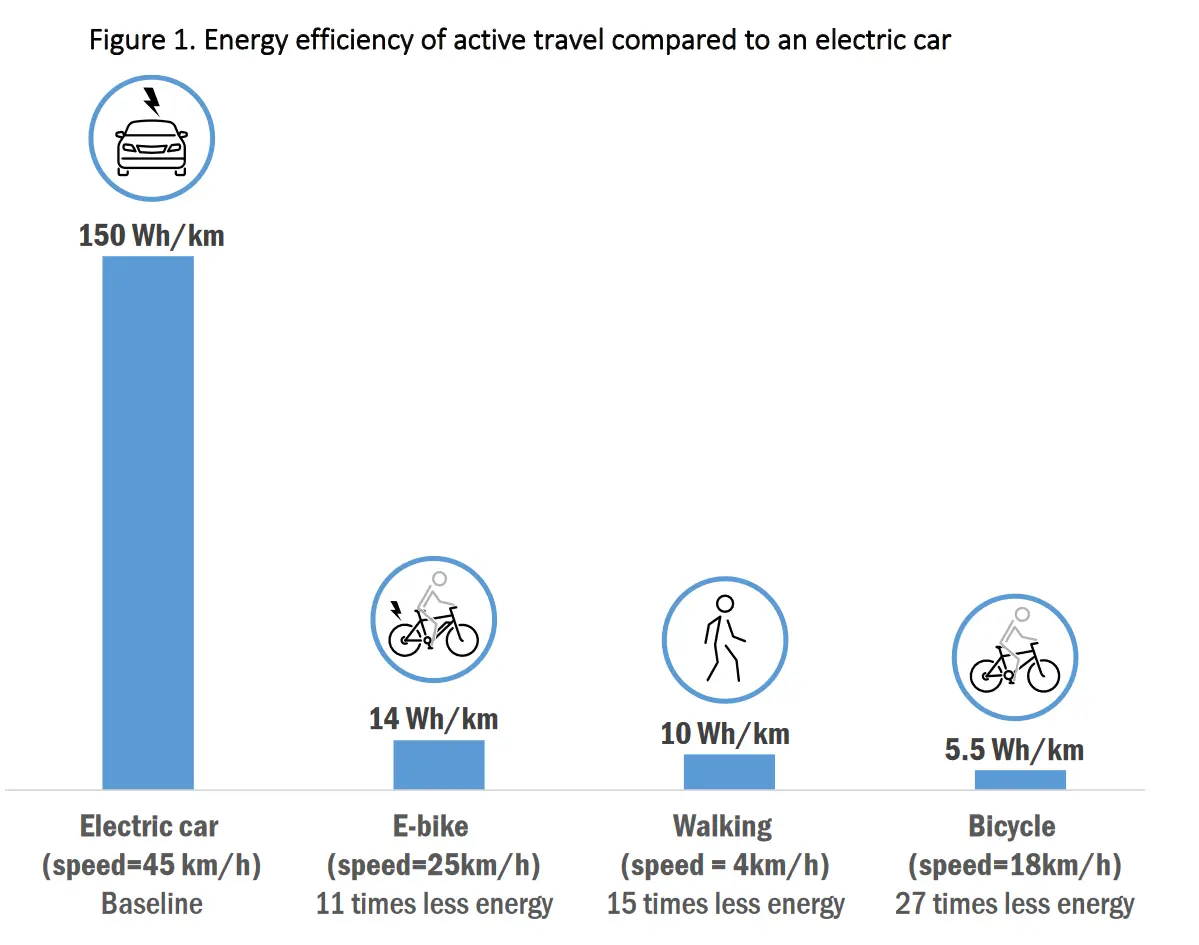365
you are viewing a single comment's thread
view the rest of the comments
view the rest of the comments
this post was submitted on 03 Mar 2024
365 points (91.2% liked)
Climate
8295 readers
13 users here now
Discussion of climate, how it is changing, activism around that, the politics, and the energy systems change we need in order to stabilize things.
As a starting point, the burning of fossil fuels, and to a lesser extent deforestation and release of methane are responsible for the warming in recent decades:

How much each change to the atmosphere has warmed the world:

Recommended actions to cut greenhouse gas emissions in the near future:

Anti-science, inactivism, and unsupported conspiracy theories are not ok here.
founded 2 years ago
MODERATORS

Seems to be meaningful that all of the speeds should be the same.
To be meaningful, they should reflect the real-world imo. Which I they attempt to do? 18km/hr seems really slow for non-ebike (my last commute home by acoustic bike before I got an ebike was 27.0 km/hr), but I guess casual riders might go that speed?. If you use a class 3 ebike in the US, the ebike speed is also really slow (for class 1/2, its about right - I typically get 26km/hr). In Europe, speeds are typically less than the US for ebikes. And I think European urban speed limits tend to be less than US? Of course there's also traffic, so there are times when cars average less speed than bikes. Depending on location and time of year, how intensely the AC/heater in the car is running may significantly impact traffic fuel efficiency. They could have just included a few different speeds for each option, I suppose.
If you want to apply it to CO2, you need to convert that energy into CO2, but that's also really dependent on energy source. Coal power will be a lot worse than solar and wind. Typical US beef will be a lot worse than chicken or wheat or solar/wind energy. So, you would need a second chart and then do the calculations. For the average person whose ebike speed and acoustic bike speed are nearly the same, the ebike is better in terms of CO2. If someone gets specifically cleaner energy sources, then it would be a lot better. OTOH, someone connect to a grid that's mostly fossil fuels, but eats a low-CO2-emitting diet, the acoustic bike might be slightly better.
Late to the party, but what the fuck is an acoustic bike?
Non-electric